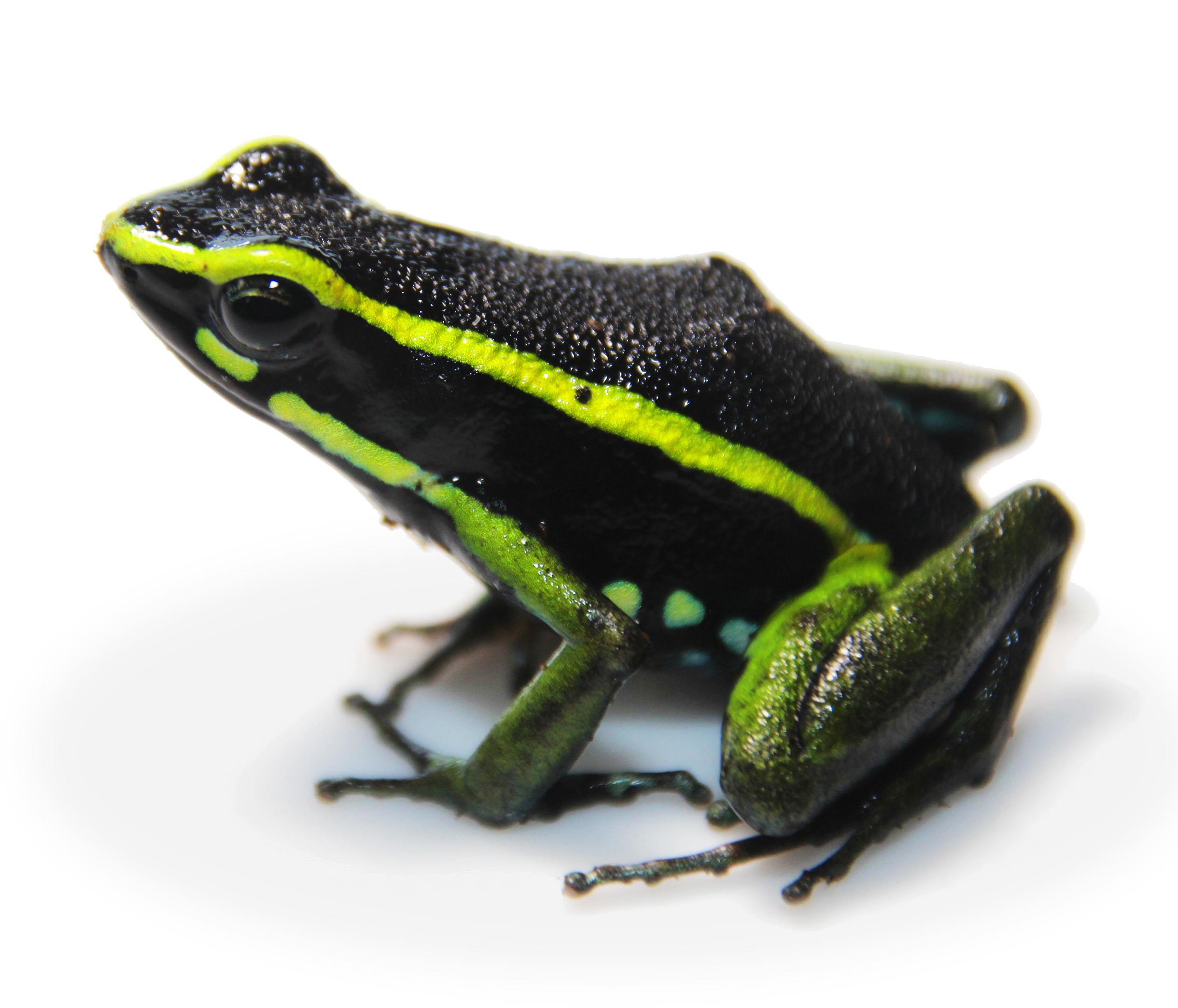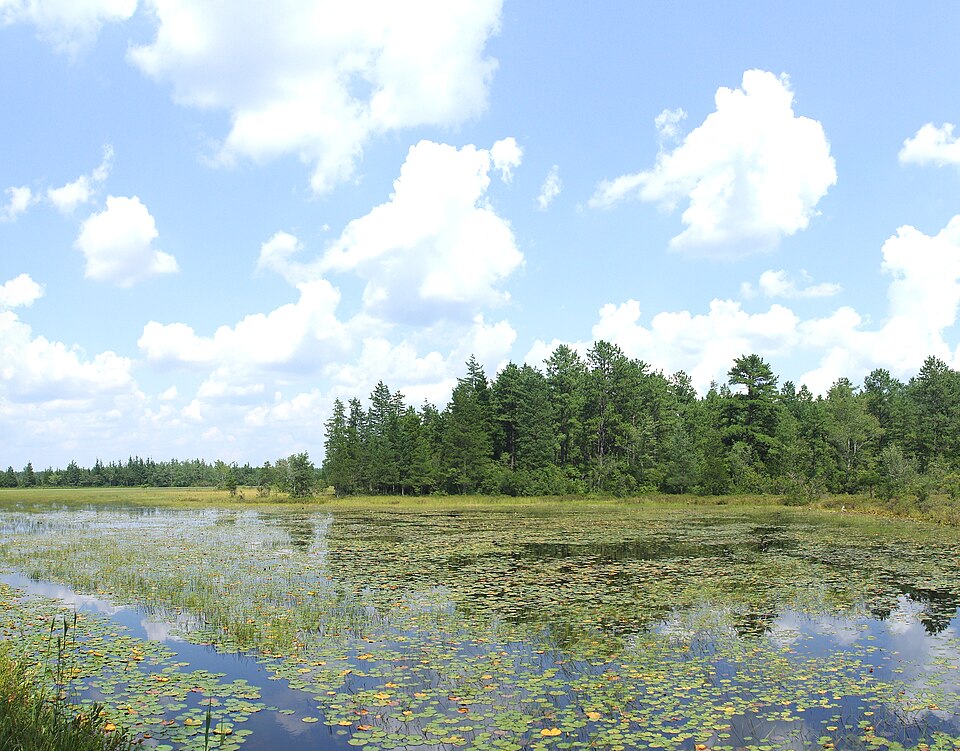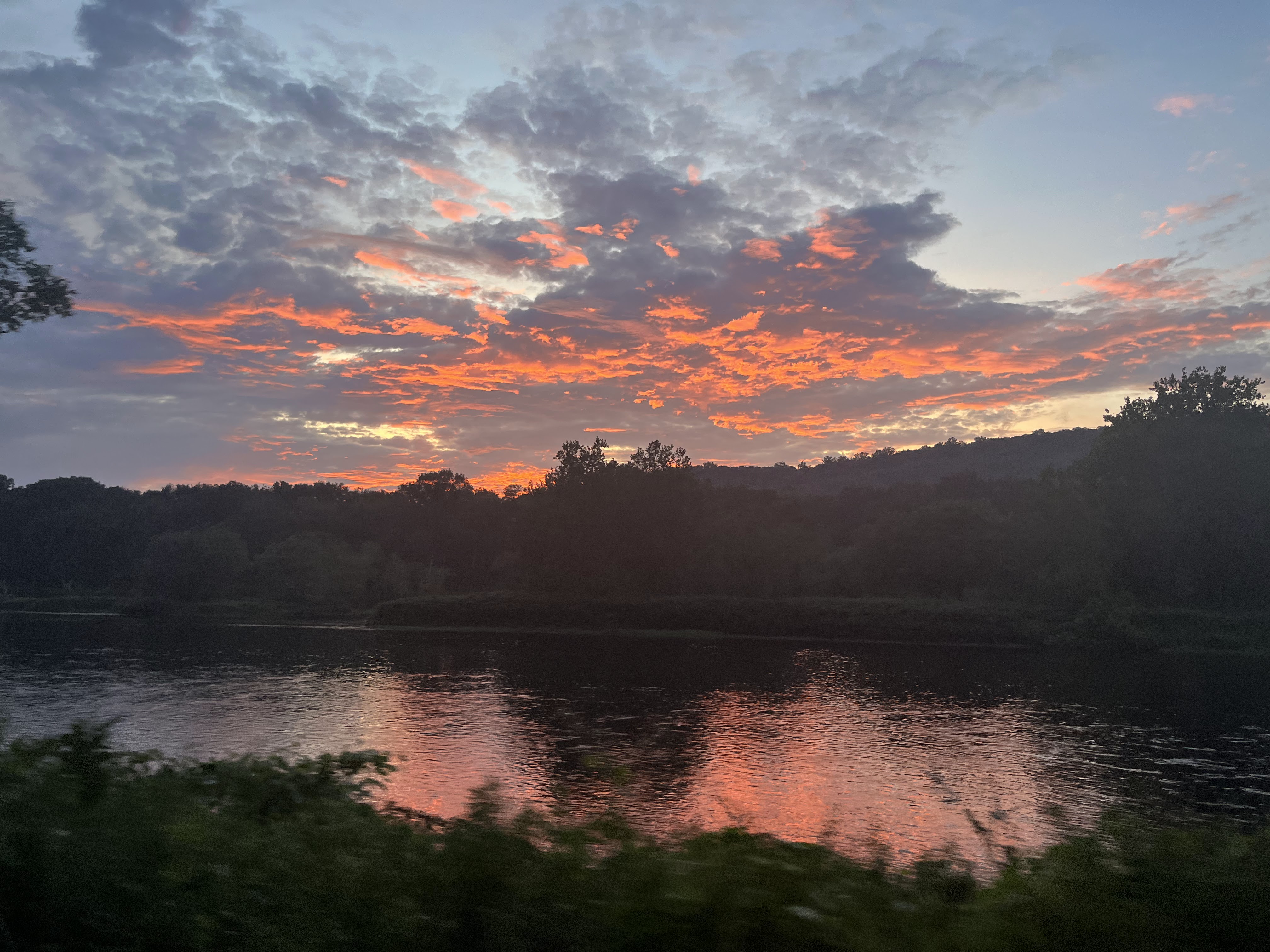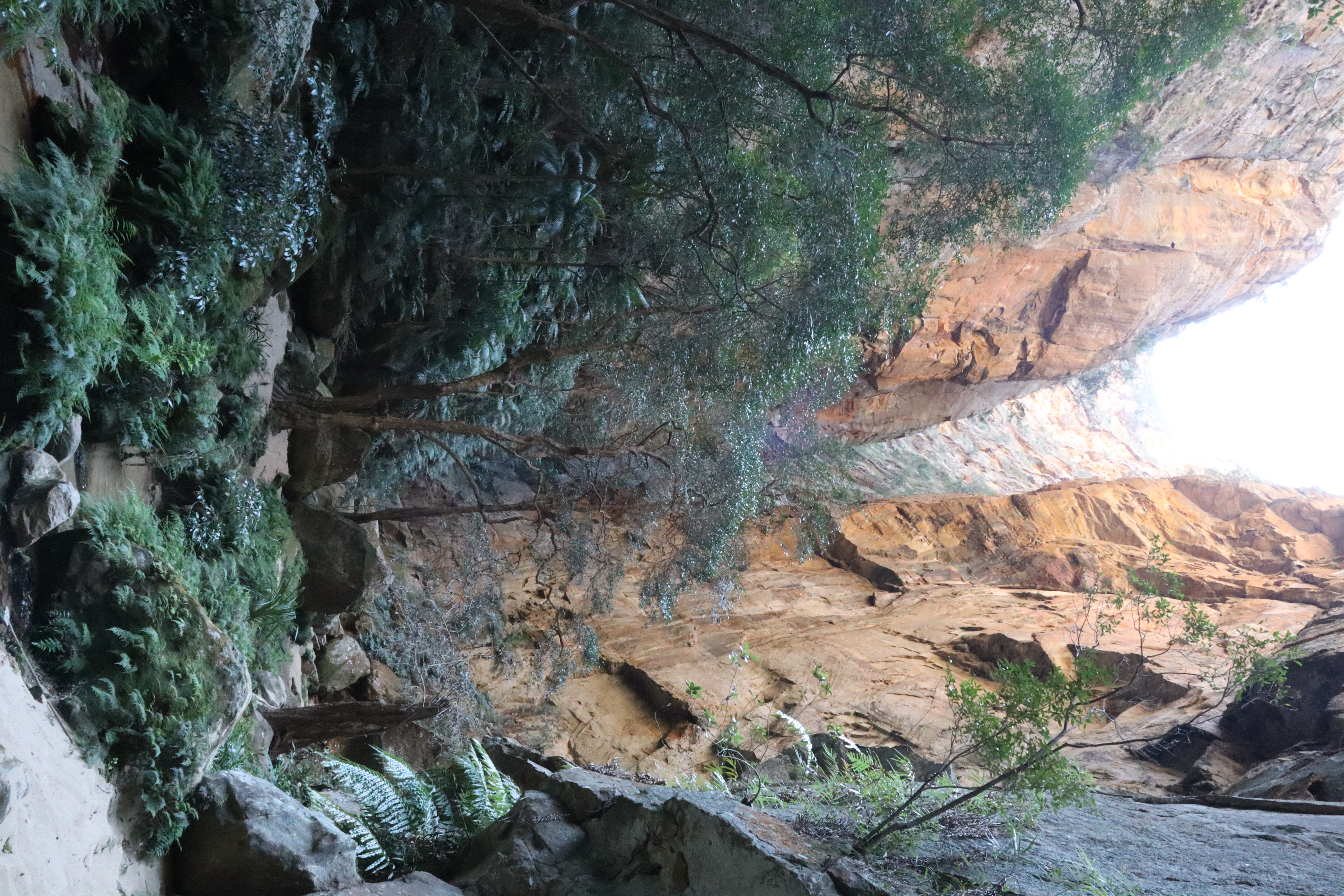Join the Lab
Join the Lab
Last updated: August 12, 2025
Current Opportunities
Please see below for current and upcoming opportunities to join the group. We always welcome inquiries from motivated potential members with research interests that fit our group!
We prioritize new members who will facilitate the largest amount of growth for the group – you learn more from us, and we learn more from you. This entails membership from a diverse set of backgrounds, perspective, disciplines, and skillsets. Ideally, you can (or soon will) do things that we cannot, and we can do things that at first were new to you, so that we are all growing together. Ultimately, however, we are unified by our research interests and mission: advancing knowledge and practice on how humans, crops, and biodiversity are all impacted by climate change.
Especially in the collective environment of the US today, EcoClimate and Rutgers continue to prioritize broadening diversity, equity and inclusivity in science and academia. We hope that you share this mission with us.
For understanding how we work, please see below for more on our Lab Philosophy.

Postdoctoral Associate - Rutgers University
Note: we have already interviewed several excellent candidates for this position. We will likely move forward with one of these candidates, but you are still welcome to apply.
The EcoClimate lab at Rutgers University is recruiting a Postdoctoral Associate to join our lab beginning Fall 2026, funded for two years.
Applicants may either propose a research project that fits with our lab, or identify EcoClimate work that aligns with their interests. Possible (overlapping) themes include:
– Analyzing global rates of climate change and extreme events as experienced by life on earth using in-house databases (e.g. DirtClim) as well as hybridizing mechanistic and AI microclimate models
– Use-inspired modeling of climate connectivity, wildlife corridors, and species on the move, especially for socially and economically important species
– Iterative near-term forecasting of terrestrial and/or aquatic ecosystems with an emphasis on microclimate and ecophysiology
– Leveraging structured decision-making to assist conservation planning given uncertain futures in Madagascar
Desired qualifications:
– Demonstrated track record of peer-reviewed publications
– Experience developing software with Python, R, and/or Julia
– Experience with machine learning and AI algorithms and tooling (e.g. PyTorch)
– Experience with remote sensing and open-source GIS tools (e.g. Google Earth Engine)
– Expertise related to climate change, meteorology, terrestrial ecology, physiology, or conservation decision-making
Application process:
If interested, please read through our lab website and reach out to Dr. David Klinges (d.klinges@rutgers.edu). In your email, please include:
- a brief description of your research interests and what project(s) you would intend to pursue as a Postdoctoral Associate in our group,
- your CV with contact information for 2+ references, and
- an exemplary writing sample, e.g. peer-reviewed publication
In the subject line of your email, please include “Postdoc 2026: EcoClimate Lab”. Review of applications will begin in January 2026 and continue thereafter.
Position details:
Funding is available for two calendar years (24 months), with an intended start date between September 1 and December 1 2026. Salary starts at $63,968 per year and includes health insurance, retirement and tax savings plans, and other benefits. Funding is available to support the postdoc’s research and career development, including for conference and research travel, publication costs, and computational resources. The chosen candidate will also have opportunities to join collaborations, participate in working groups, write grants, engage with natural resource managers and conservation practitioners, and work with graduate and undergraduate students, depending on their interests. Applicants must have a PhD at the time of employment.
PhD Student – Rutgers University
We are no longer accepting applications for PhD positions starting in 2026.
Undergraduate Students – Rutgers University
We will be open to accepting one or several undergraduate students during the academic semesters and summer to work with us on our ongoing research projects, and develop independent projects related to research in the lab. At present, we will only have opportunities for undergraduates to get involved in compuational projects, rather than field or lab-based projects.
If interested, please reach out to Dr. David Klinges (dklinges9@gmail.com). In your email, please include your CV / resume, unofficial transcripts, and a brief description of why you are interested in getting involved with our group.
Remote Lab Members
We are open to collaborating through other means even without formal involvement at Rutgers. Please reach out to Dr. David Klinges (dklinges9@gmail.com) if you are interested in leading research projects that pertain to the group’s interests.
Lab Philosophy
Fostering collaborative, impactful research and mentoring the next set of research leaders are some of the key goals of the EcoClimate lab.
What to expect during your PhD in EcoClimate:
Your PhD may offer you some of the most rapid learning, the most unique challenges, and the largest freedom, that you may encounter during your career. Our intention is to recruit new lab members that align with our group’s mission, and guide you to success as defined by your goals. It is important, therefore, to have carefully considered your goals prior to joining the lab. We will work together to articular your goals more clearly by the end of your first year in the PhD, which will then guide decisions made throughout the rest of the program.
Beyond your personal goals, there is also a standard toolkit that you are expected to have by the end of your phd, which we will use to evaluate progress towards, and fulfillment of, your competency as a scientist:
- Effectively lead and manage a containerized research project, including managing personnel, budgets, timelines, and roadblocks
- Ability to draft a high-quality scientific manuscript on your own
- Ability to draft a high-quality scientific proposal on your own
- Effectively communicate your science to a broad yet educated audience via a ~10-minute oral presentation, a poster, and a 1-minute elevator pitch
- Develop a specific knowledge base for which you are nearly an international expert, and a firm grasp on a broad knowledge base in ecology, geography, meteorology, or another discipline relevant to our groups’ research
- Possess a specific set of quantitative and software skills so that you are able to curate, analyze, and visualize multivariate data on your own
These are other skills that may have additional or less relevance depending on your desired career trajectory:
- Effectively teach undergraduates and graduate students
- Effectively mentor undergraduates and graduate students
- Ability to draft a white paper that is accessible to managers and decision-makers
Having these tools will situate you as a strong researcher who is ready to lead their own science. Getting here will require hands-on and iterative feedback from me, coupled with a high level of independence and motivation from you. For potential graduate students, I evaluate candidates not so much upon how much they already possess these skills, but for their mindset and potential for growth to gain these skills.
What to expect of me during your PhD in EcoClimate:
Mentoring members of the EcoClimate lab is my top priority. I will be supportive of your intellectual development, expanding your network, and helping you build tangible skills. I will do this by meeting regularly (weekly or biweekly) with each lab member, connecting you with a global network of researchers and conservationists, and mentoring you on quantitative, writing, and leadership skills. EcoClimate has resources to support your research expenses, including travel to participate in conferences, workshops, and collaboration. Everyone’s experience as an undergraduate, graduate student, postdoc, or research staff is unique, and our approach to your involvement and development will be tailored according to your strengths and areas for growth.
I aspire to train the next generations of researchers and practitioners to enact positive change in ways I never could alone. Critical to my mentorship is listening to understand each student’s unique needs and backgrounds, and defining success based upon their individual goals. I intend to motivate mentees to be at the forefront of their chosen career path, whatever it may be. This approach aspires to broaden the variety of, and exchange between, perspectives within environmental research.
In the EcoClimate lab, we expect that each member shares the mission of making science, academia, and conservation more diverse, inclusive, and equitable. There are activities and initiatives to get involved with in our group, and at Rutgers, and we always welcome new ideas and developing strengths that you have. Below are some example resources and initiatives that EcoClimate is involved with, especially pertinent to ecology and data science:
DEI Working Group of the Ecological Forecasting Initiative: see our 2024 Strategic Plan for goals and actions.
Coding 4 Conservation: mentorship on data analaysis and communication for Malagasy students in ecology and conservation
Data and Software Carpentries: teaching foundational data and coding skills to a wide range of researchers worldwide.
Data Feminism: prospectives about data science and data ethics that is informed by the ideas of intersectional feminism.
Design Justice Principles: pillars by which to design projects in an inclusive and just manner.
About Rutgers and New Jersey
Rutgers, The State University of New Jersey Rutgers in central New Jersey is situated at a crossroads of American innovation, commerce, and culture and with a history entwined with that of the nation. Chartered in 1766, the university is the only one in the United States that is, at once, a colonial college, a land-grant institution, and a state university. Located within an easy drive of New York City and Philadelphia, there are nonetheless an exceptionally wide array of marine, freshwater, and terrestrial ecosystems nearby, from the continental shelf and estuaries to barrier islands, coastal plains, the piedmont, Precambrian highlands, and ridge and valley geological provinces.
Ecology & evolution at Rutgers consists of approximately 60 faculty and 50 graduate students across many departments pursuing research and training in conservation biology, ecosystem ecology, evolutionary biology, marine biology, microbial ecology, population and community ecology, population genetics, and restoration ecology. Climate sciences at Rutgers consists of approximately 20 faculty and 30 graduate students pursuing research and training in meteorology, atmospheric physics, and earth sciences, primarily affiliated with the Department of Environmental Sciences and the Department of Earth and Planetary Sciences. Other learning opportunities include the Computational Biology Certificate (for which Ecology & Evolution PhD students are eligible to apply).


Living in New Jersey
Dave grew up in Central New Jersey, and there is lots to love about the area. See here for some hiking locations that are easy to get to from New Brunswick and Central New Jersey. Also see here for a list of other nature-related activities.
